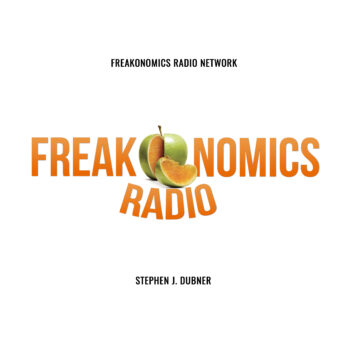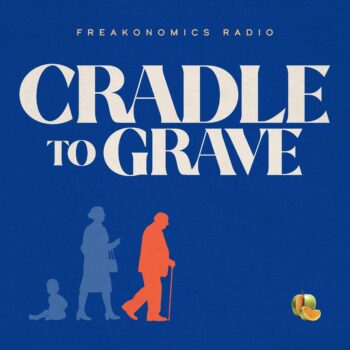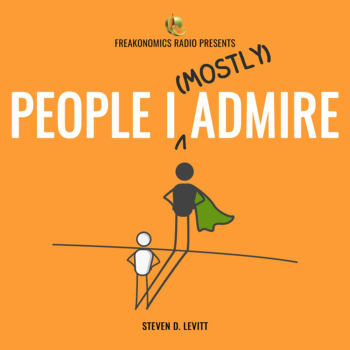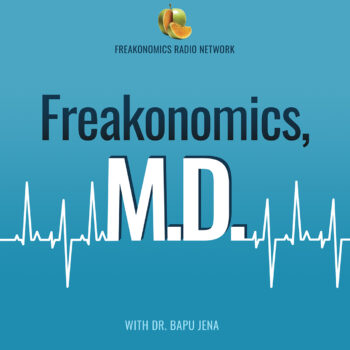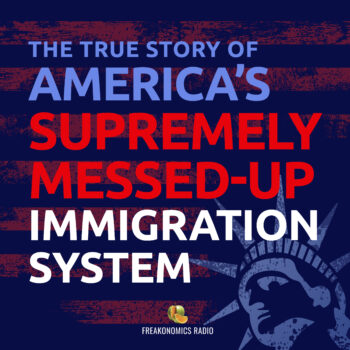Home Sales Even Worse Than Reported Says the Primary Agency That Reports Them
…NAR hasn’t revealed exactly how big the revision to home sales will be, the agency’s chief economist Lawrence Yun said the decrease will be “meaningful.” … Yun said the database…


